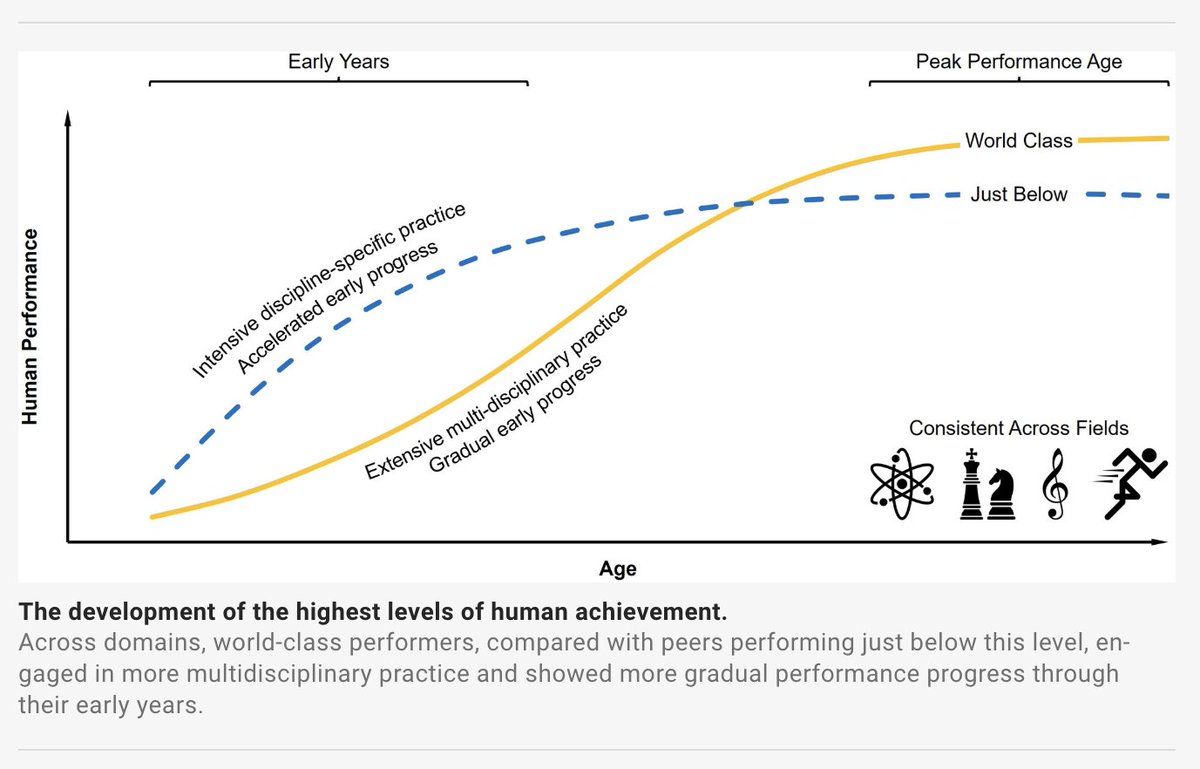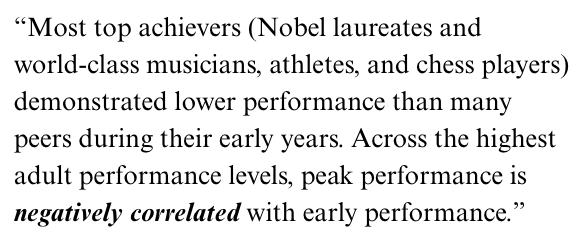8 Principles to Navigate Periods of Disorder.
1. Stop Resisting What's Happening.
2. Focus On What You Can Control
3. Nail Daily Habits
4. Use Routines
5. Stay Connected
6. Think Adaptation
7. Respond Not React
8. Show Up, Get Through, And Make Meaning On Other Side
(Thread.)
1. Stop Resisting What's Happening.
2. Focus On What You Can Control
3. Nail Daily Habits
4. Use Routines
5. Stay Connected
6. Think Adaptation
7. Respond Not React
8. Show Up, Get Through, And Make Meaning On Other Side
(Thread.)
1. Stop Resisting What Is Happening
Resisting change and disorder may feel good in the short-term, but invariably leads to distress in the long-term. You’ve got to engage with what is in front of you, and wisely—which is what the following principles emphasize.
Resisting change and disorder may feel good in the short-term, but invariably leads to distress in the long-term. You’ve got to engage with what is in front of you, and wisely—which is what the following principles emphasize.
2. Focus On What You Can Control, Do Not Worry About What You Cannot
There is a difference between worrying about a situation one the one hand and taking productive action on the other. Whenever you catch yourself doing the former, use it as a cue to do the latter.
There is a difference between worrying about a situation one the one hand and taking productive action on the other. Whenever you catch yourself doing the former, use it as a cue to do the latter.
3. Nail Daily Habits
Move your body regularly. Sleep. Do what you can to eat nutritious foods. Nailing these basics supports underlying physiological and psychological strength. If you feel guilty or indulgent for doing these things, don’t.
Move your body regularly. Sleep. Do what you can to eat nutritious foods. Nailing these basics supports underlying physiological and psychological strength. If you feel guilty or indulgent for doing these things, don’t.
4. Use Routines
When it feels like the ground underneath you is shaking, having tried and true routines provides a source of stability and predictability. This can be as simple as your daily walk, morning cup of coffee, meditation practice, or evening book-reading time.
When it feels like the ground underneath you is shaking, having tried and true routines provides a source of stability and predictability. This can be as simple as your daily walk, morning cup of coffee, meditation practice, or evening book-reading time.
5. Stay Connected
Study after study of resilience points to benefits of community. During periods of disorder there can be an urge to shut down and isolate. Do what you can to resist this urge. Odds are many other people are feeling the same way as you. We are stronger together.
Study after study of resilience points to benefits of community. During periods of disorder there can be an urge to shut down and isolate. Do what you can to resist this urge. Odds are many other people are feeling the same way as you. We are stronger together.
6. Think Adaptation Instead of Change
Change is something that happens to you. Adaptation is something that you are in conversation with. Get the former out of your vocabulary and focus on the latter. All successful systems, from individual cells to entire species, adapt well.
Change is something that happens to you. Adaptation is something that you are in conversation with. Get the former out of your vocabulary and focus on the latter. All successful systems, from individual cells to entire species, adapt well.
7. Respond Not React
Holocaust survivor and philosopher Viktor Frankl wrote, “Between stimulus and response there is a space. In that space is our power to choose our response. In our response lies our growth and our freedom.”
Think 4 P's to help: pause; process; plan; proceed.
Holocaust survivor and philosopher Viktor Frankl wrote, “Between stimulus and response there is a space. In that space is our power to choose our response. In our response lies our growth and our freedom.”
Think 4 P's to help: pause; process; plan; proceed.
8. Show Up, Get Through, and Worry About Meaning on the Other Side.
Research shows that we look back on challenging periods in a much more connected and meaningful light than we experience them. Sometimes nothing makes sense until you get to the other side, and that’s okay.
Research shows that we look back on challenging periods in a much more connected and meaningful light than we experience them. Sometimes nothing makes sense until you get to the other side, and that’s okay.
• • •
Missing some Tweet in this thread? You can try to
force a refresh








